
Read offline
automatisch generiertes Audio
1×
Melden Sie sich an, um die Audiozusammenfassung anzuhören.
automatisch generiertes Audio
Recommendation
Muted growth, lagging productivity and continuing unemployment contribute to a “new normal” of slowing economic development. To ensure all citizens share in inclusive growth, nations will need to harness innovations from technology and new business models to become more competitive, according to this World Economic Forum study. Its Global Competitiveness Index judges economies by country and region on a series of indicators that reflect productivity. getAbstract recommends this forward-looking analysis to executives and policy makers.
Summary
About the Author
Klaus Schwab is the executive chairman of the World Economic Forum.










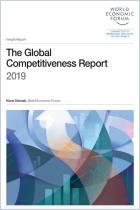
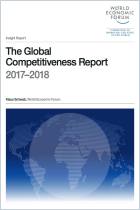
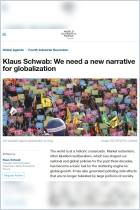
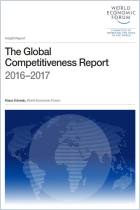
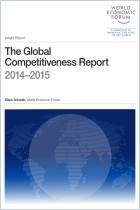


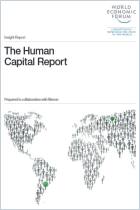
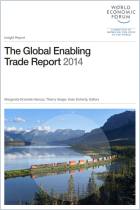
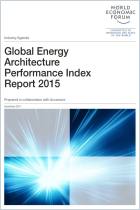



Comment on this summary or Diskussion beginnen